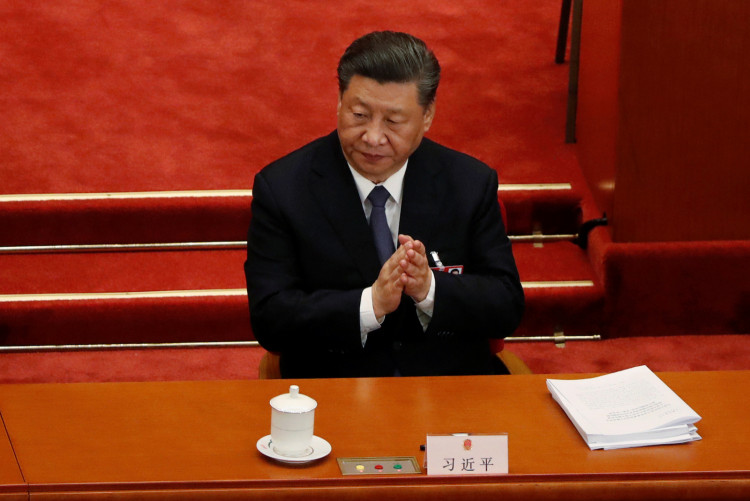China's cyberspace regulator has stated that it will restrict celebrities' online presence to promote "a positive and healthy internet environment."
This initiative will regulate celebrities' personal information as well as advertisements on numerous websites.
In recent months, Chinese authorities have taken steps to restrict the country's "chaotic" celebrity fan culture, forcing broadcasters, online platforms, and artists to assist in the effort.
All current lists that rate Chinese celebrities must likewise be removed off the internet, according to directives released in state media.
Only lists that rank works such as songs, films, and TV shows can be published, but they must "increase the weight of indicators like work orientation and professional evaluation" rather than reduce the emphasis on likes and comments.
The office of the Central Cyberspace Affairs Commission announced in June a two-month special operation aimed at fanclub culture, also known as fan quan, which it claimed was harming children's mental health.
According to the commission, children are being enticed to donate to fundraising or voting campaigns for celebrities on competition shows, that verbal abuse, internet bullying, harassment, and doxing are occurring, and that people are being encouraged to flaunt their money and extravagance.
Bots or social media trends that were hijacked to promote celebrities' profiles were also believed to be interfering with public opinion.
Individual celebrities have also been targeted, with a special focus on suspected financial impropriety and politically sensitive behavior. It also comes as charges of abuse and harassment against celebrities, notably Kris Wu, have resurfaced.
Zhang Zhehan, a Chinese actor, was similarly punished and deplatformed in August after visiting the Yasukuni war shrine in Japan. The visit prompted China's Association of Performing Arts to call for a public boycott of Zhang and his works, prompting a slew of major brands to cut ties with him, including Coca-Cola, Maybelline, and Clinique.
Zhao Wei, an actress and Fendi brand ambassador, seems to have been deplatformed as well, with her name deleted from all works on major entertainment platforms, including the popular Chinese TV show My Fair Princess. The cause behind this is unknown.
The anti-entertainment regulations come as part of Chinese President Xi Jinping's "common prosperity" campaign. Education, real estate, food delivery apps, and big tech businesses have all been targeted in previous actions. The focus on celebrity culture extends to young people's devices, with the goal of controlling the cultural, political, and moral content of what they see on their devices.





